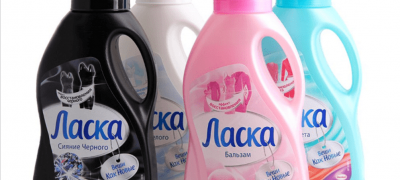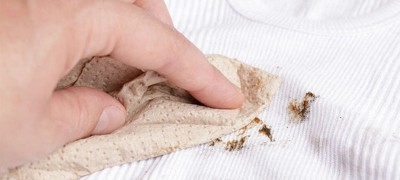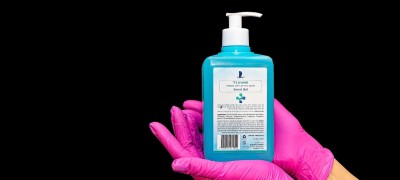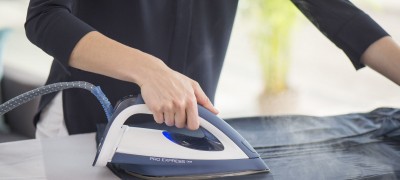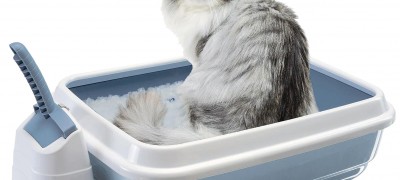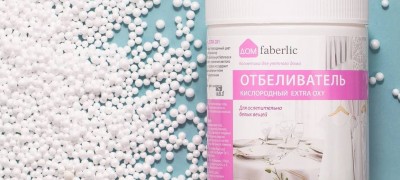How to clean a leather jacket at home
Leather goods have been popular since time immemorial. This is due to the mass of advantages: from aesthetics to practicality and durability of socks. But even the highest quality clothing tends to get dirty. The result is the inevitable cleaning of the leather jacket. But how to do this in order not to harm the material and maintain its quality characteristics? Everything in order.
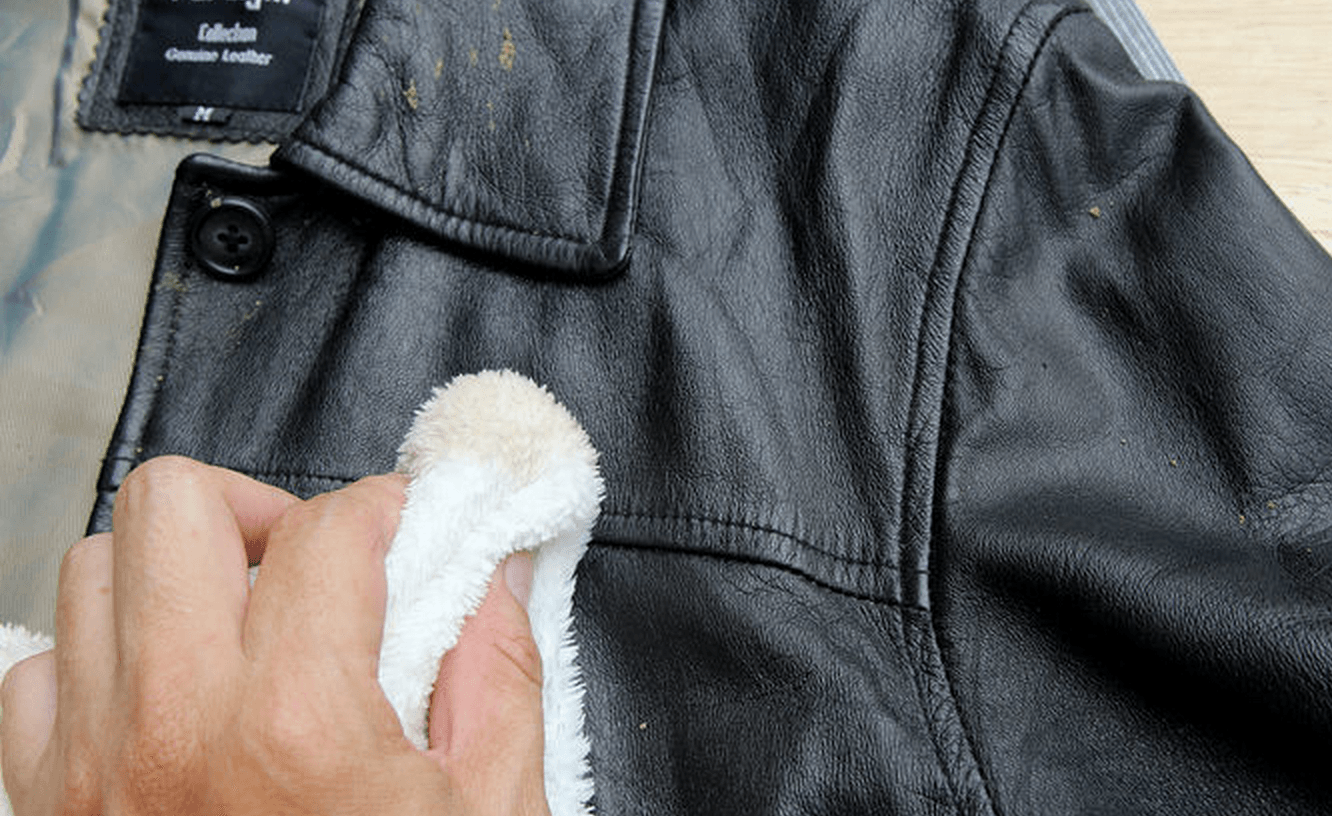
How to properly care for a leather jacket
There is essentially no difficulty in caring for a leather jacket. The surface is smooth and easy to clean from dirt. But adhering to the principles for maximum longevity is the right approach. It's about following the rules:
- cleaning (daily and unscheduled);
- storage;
- application of means to protect against negative environmental factors.
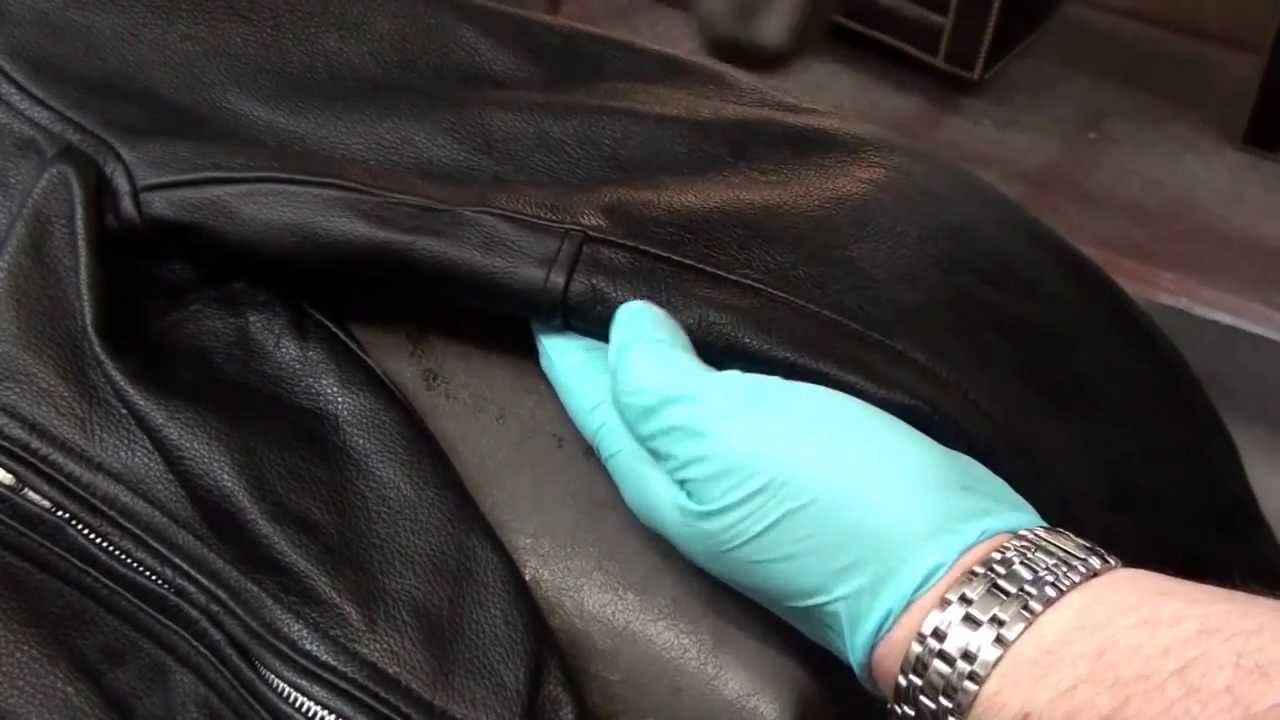
The easiest way to take care of your favorite wardrobe item is according to the manufacturer's instructions and recommendations. The main prohibitions are applied to the jacket label. For example, recommendations regarding washing or ironing, storage of the product. A leather jacket, with proper care, will last for decades and will not lose its appearance.
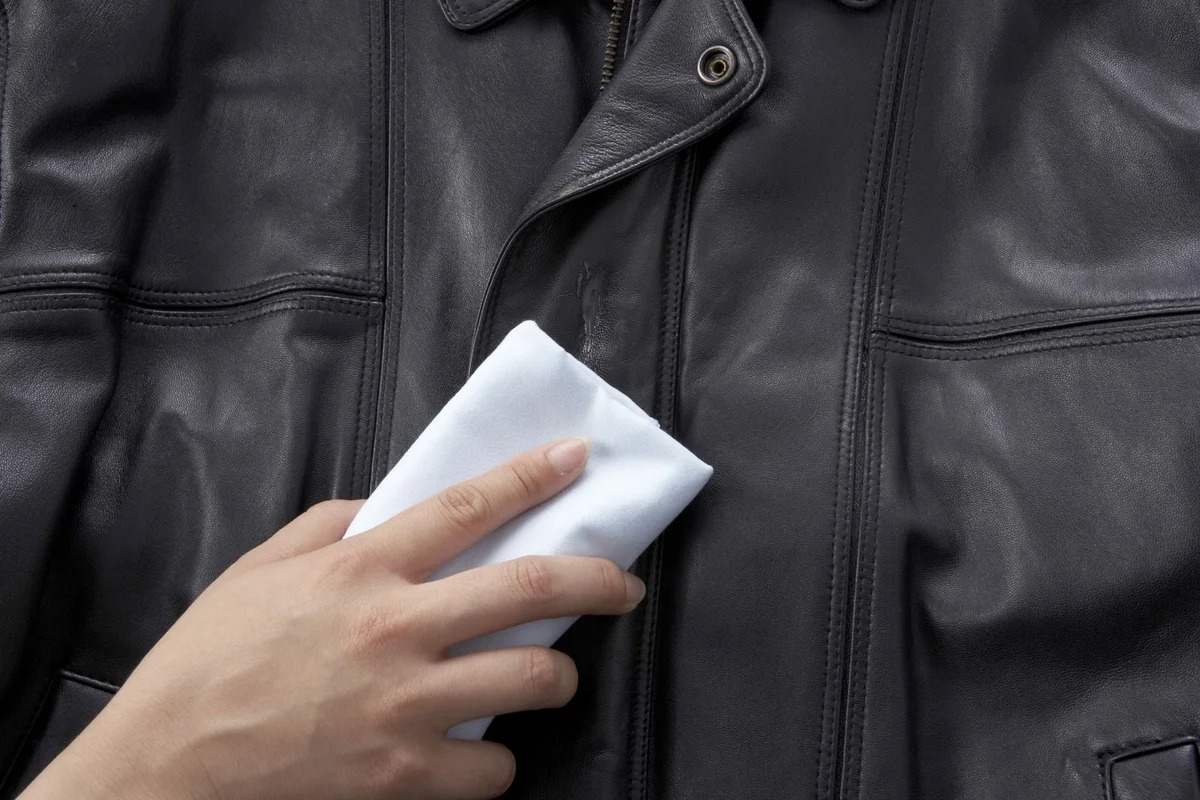
Cleaning a leather jacket
How to clean your skin and not cause harm - you can find out from the label. One of the key tips to help reduce the amount of cleaning required is to create a moisture resistant layer. This effect is achieved through the use of special sprays based on silicone or acrylic, wax or fat. But we must not forget about the differences in the methods of cleaning the skin. For most types of skin, the cleansing algorithm will be as follows:
- elimination of stains from the surface;
- collar cleaning;
- tidy up the cuffs and sleeves;
- clean the rest of the product;
- the lining is cleared.

In any case, you should start by removing all kinds of stains. Only after that the rest of the actions are performed.
Surface cleaning
According to the algorithm proposed above, you need to clean the surface of the jacket using a damp cloth / sponge. If contamination is found to be problematic, soapy water can be used to remove it. It is important to thoroughly wipe the surface dry so that streaks do not appear. The method is suitable for removing difficult stains. In any case, after surface cleaning, you need to apply special sprays to give the product a natural shine.
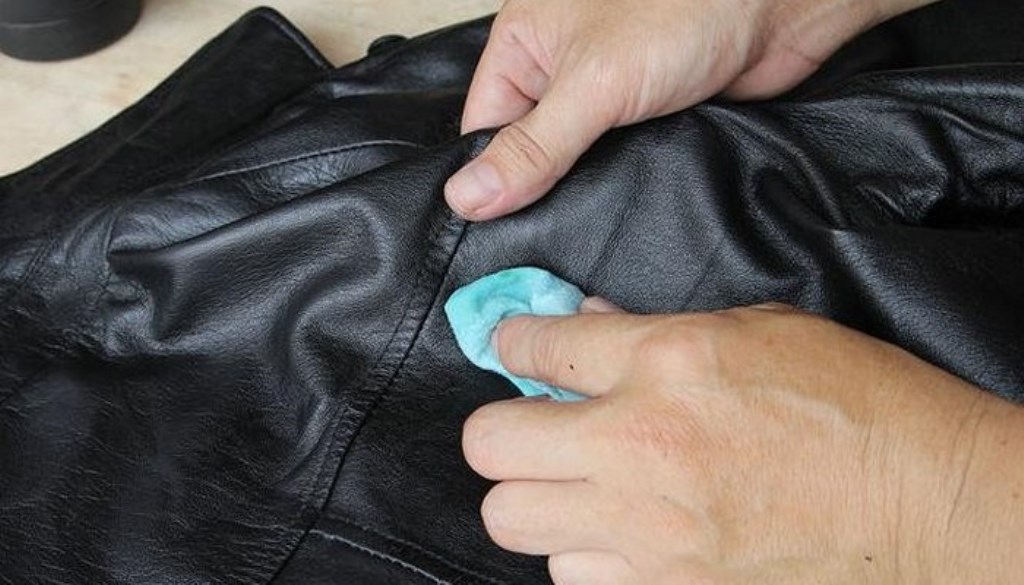
Washing
Conditionally, washing a leather jacket can be divided into two main methods: surface (hand) and machine. In dry cleaners, things are put in order more reliably and safely. But even at home, this task is quite feasible. In washing machines (if there is no prohibition on the label for this operation), you can wash the jacket, guided by some rules:
- Selection of the mode. In any case, choose a delicate wash or wool. The mode should be gentle so as not to damage the product.
- Temperature. Leather is a durable material. But you shouldn't try it. Therefore, the optimum washing temperature should be around 30 degrees.
- Spin. Safety and its integrity depend on the selection of the correct mode of squeezing the product. The spin speed should not exceed 300 / min.
- Do not use powders with abrasive materials. They should be replaced with gels, liquid formulations.
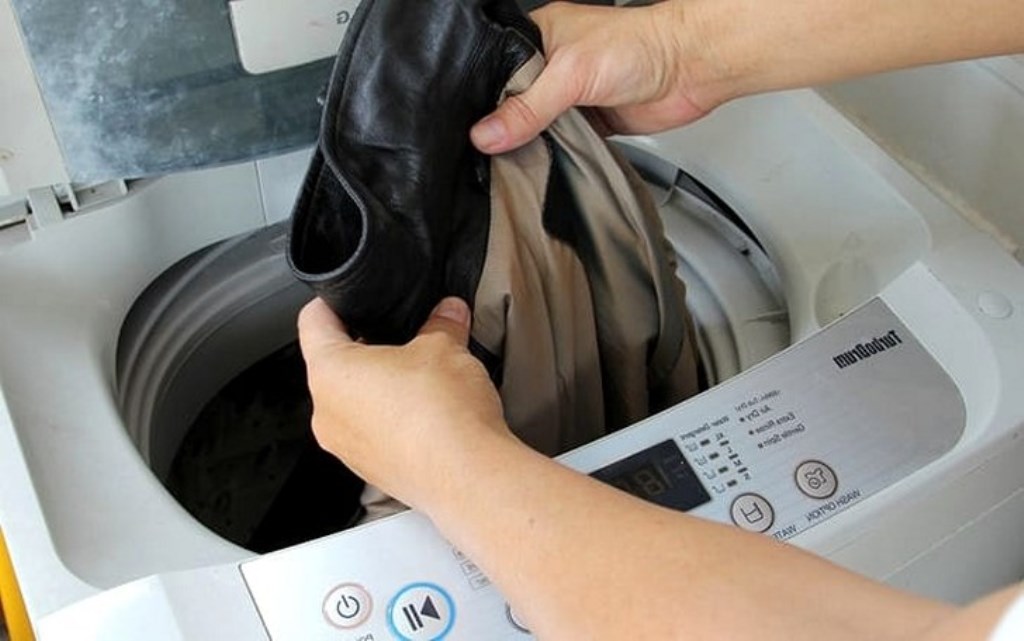
Finish washing by applying glycerin to the surface. This can be done only after the product is dry.
Note! Hand wash is safer, it is recommended to use it instead of machine wash.
Folk cleaning methods
You don't always want to use chemicals. They are perceived as something radical, which they resort to after vain attempts to get rid of the dirt of the leather product. Therefore, folk remedies are in a hurry to help: effective, affordable, using improvised materials. Thanks to folk methods, you can return the previous appearance of the product. Let's consider the most popular ones.
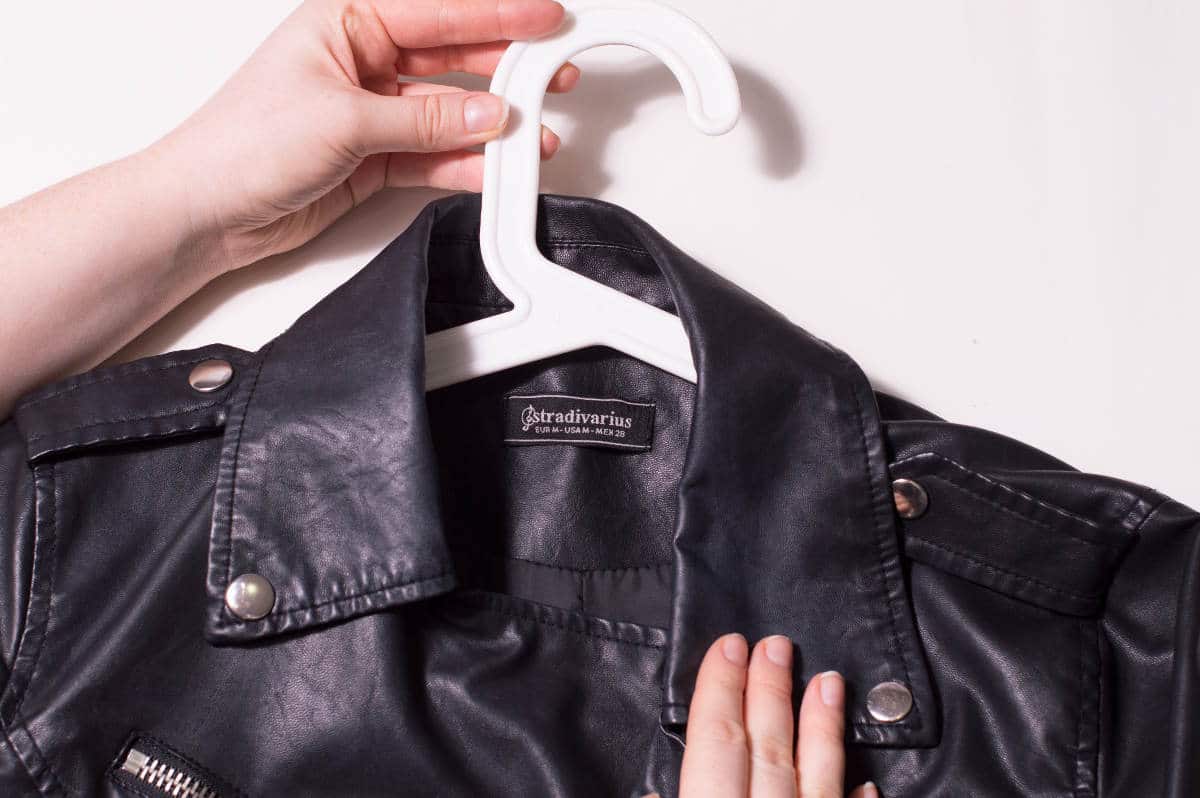
Rubbing with onion juice
A simple method involving the use of an onion. It needs to be cut in half so that the juice can be squeezed out. You need to rub those areas on which there are oily spots. Press the onion firmly against the surface of the jacket. It is noteworthy that onion juice does not harm the surface. It allows you to add shine.
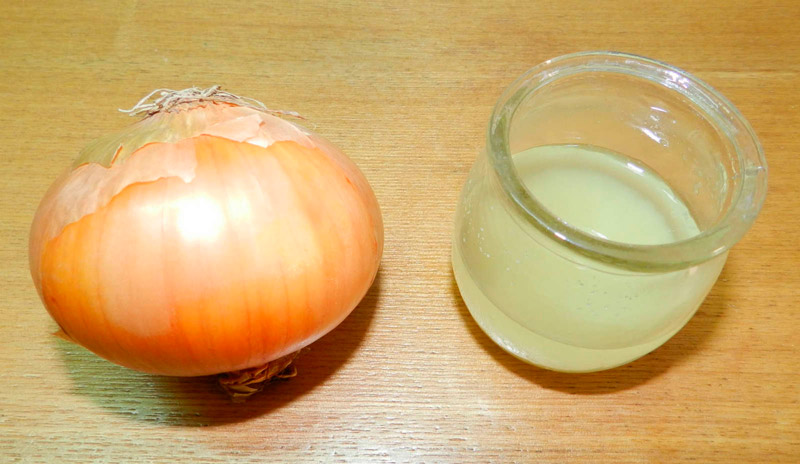
Advice! The method, although effective, has its drawbacks. One of these is an unpleasant odor. You can easily eliminate it with a soapy solution applied to the surface treated with onion juice.
Egg white processing
Another effective way to combat contamination is egg white. This natural material can be found in almost every household. And you need to apply it according to the following algorithm:
- separate the yolk from the protein;
- protein is evenly applied to contaminated areas of clothing (for convenience, use a sponge);
- for the method to work, the proteins must remain on the surface for about 5 minutes;
- remove protein residues with a damp cloth.
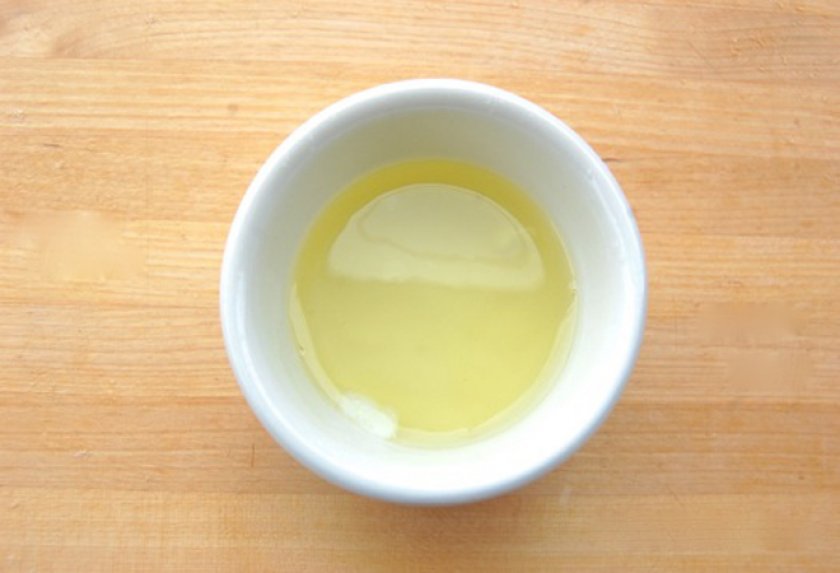
The method may not work the first time. But given the fact that it is safe for the skin, it can be used several times until the desired effect is achieved.
Purification with hydrogen peroxide
The method is not suitable for all surfaces. In particular, it is best used for cleaning white leather jackets (and other items that are white or light-colored). Peroxide will ruin dark things. The algorithm of actions is simple:
- we use a napkin soaked in peroxide;
- we process contaminated fragments of the surface;
- the solution is washed off with a dry cloth.
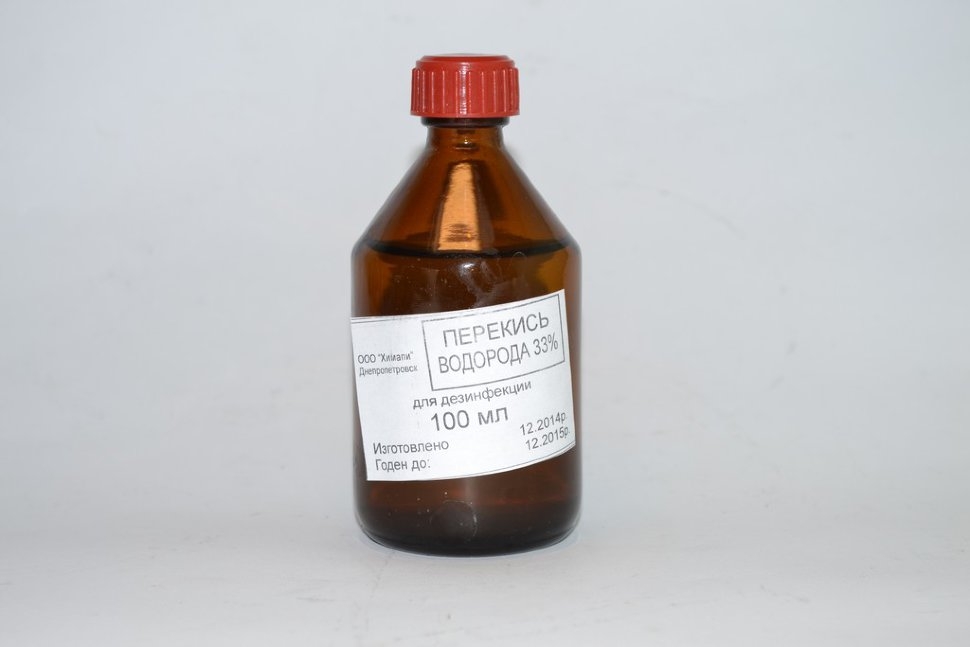
Note! The surface should not be painted, otherwise streaks of an incomprehensible color will appear. Surface restoration is a rather laborious process.
How to clean with dishwashing liquid
Stains that are greasy are difficult to remove without aids.In particular, we are talking about a simple method using a detergent. The composition of household detergents is designed to fight grease, and therefore cope with difficult dirt. The scheme of action is simple:
- A few drops of detergent are applied to the sponge. For the product to work, the sponge must be moistened and crumpled to form a foam.
- Depending on the degree of penetration of fat into the fabric, leave the foam on the surface for 10-15 minutes. This time should be enough for the agent to interact with the contamination.
- The solution is washed off with a damp sponge.
- After the procedure, in order to prevent the material from drying out, you need to moisten it with glycerin or a special spray.

Note! The method is quite effective. Finds its application in the fight against problematic dirt in the area of cuffs, pockets, collars.
Toothpaste
This method can only be used for light and white leather goods. The composition of the paste with a whitening effect, is able to remove dirt and dust, and will help to lighten the material. To perform the procedure, you will need a brush with soft fibers, and of course the paste itself. Implementation of the procedure:
- the paste is applied to the stain with a brush;
- to achieve the optimal effect, the paste needs to be rubbed a little into the surface;
- if the contamination is too complex, the paste can be left for several hours;
- remove the remnants of the paste with a damp cloth, wet sponge.
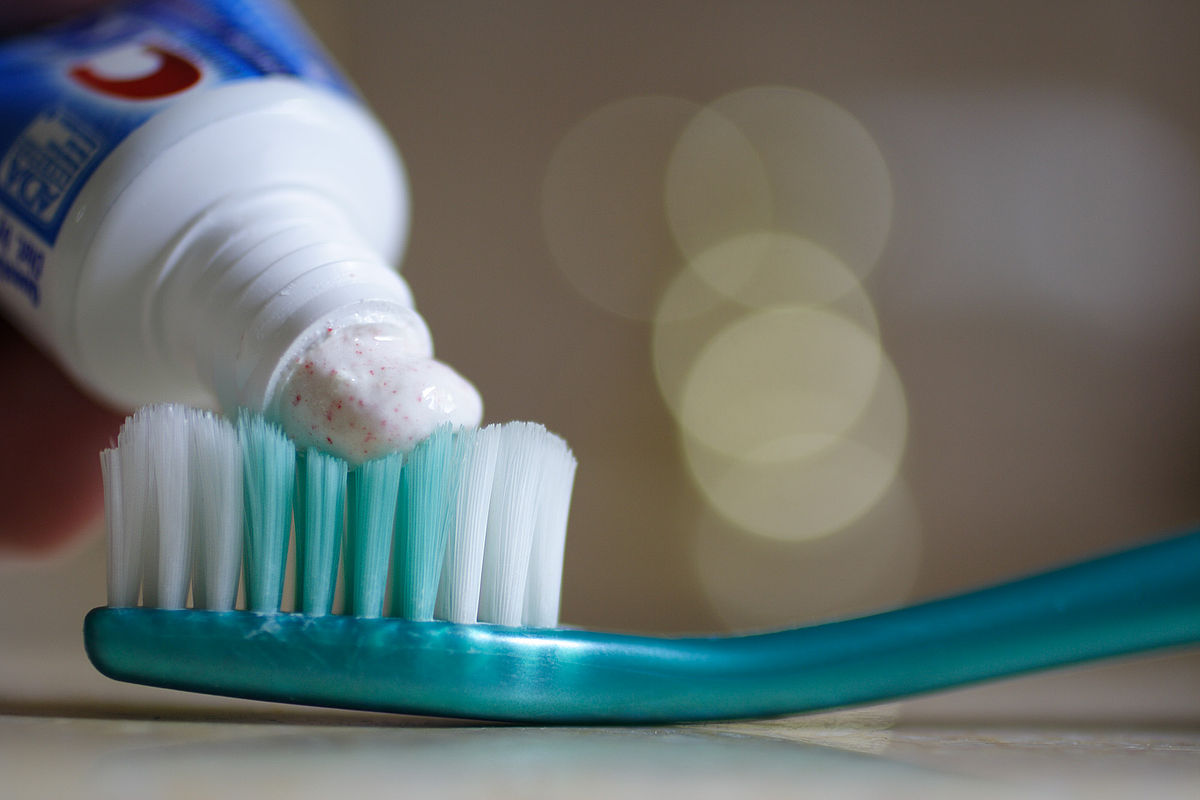
The dirt should fall behind without much effort. The natural shine returns.
It is important not to apply to black or painted surfaces!
Nail polish remover
Sometimes it happens that all that remains is to apply experimental methods. These include nail polish remover. It is used in the fight against such serious stains as:
- varnish;
- different types of paints;
- ink.
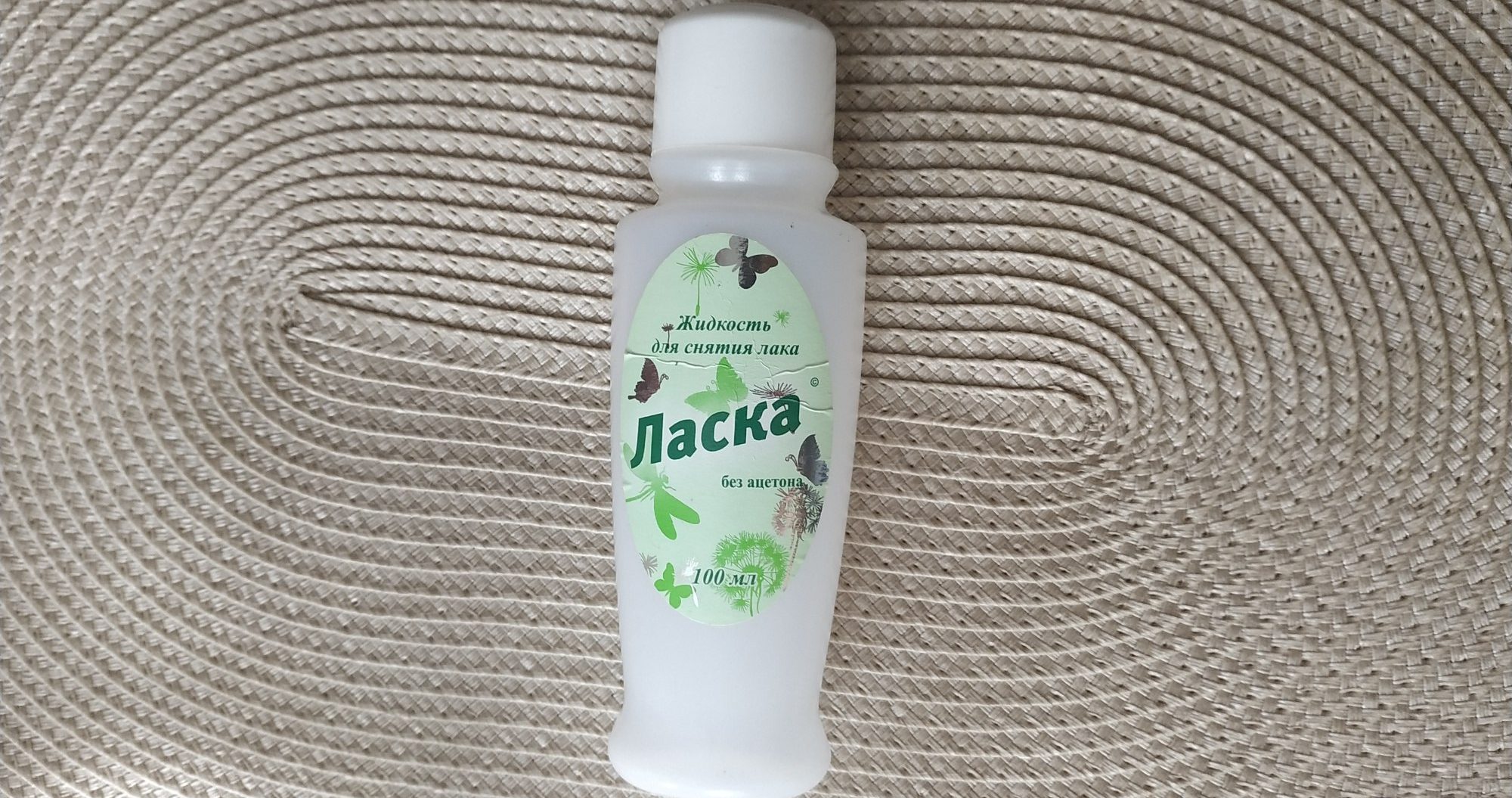
It is important to understand that nail polish remover can permanently damage the surface. Therefore, it is important to test. This should be done on a small area of the skin (best on the inner surface). If an undesirable reaction has not occurred, then you can safely use it.
Important! The method is relevant for light and white leather goods.
Soda or cornstarch
Use baking soda and cornstarch to make a solution. For it, you will need to use 2 tablespoons of soda and starch per 0.5 liters of water. It is best to warm up the liquid, up to 30-40 degrees, so that the components dissolve in it faster. The solution should be used to wash the stains using a soft sponge so as not to damage the surface.

Rubbing alcohol
A can of rubbing alcohol can help remove dirt and greasy stains. Essentially a universal solvent, alcohol can remove tough contaminants. It is best to use a cleaner for light colored leather goods. Sometimes it is acceptable to use it on dark surfaces, but you need to test on an inconspicuous fragment. If there is no reaction, you can use the product without fear. From the surface, after cleaning, the remains of the solution are removed with a damp sponge.
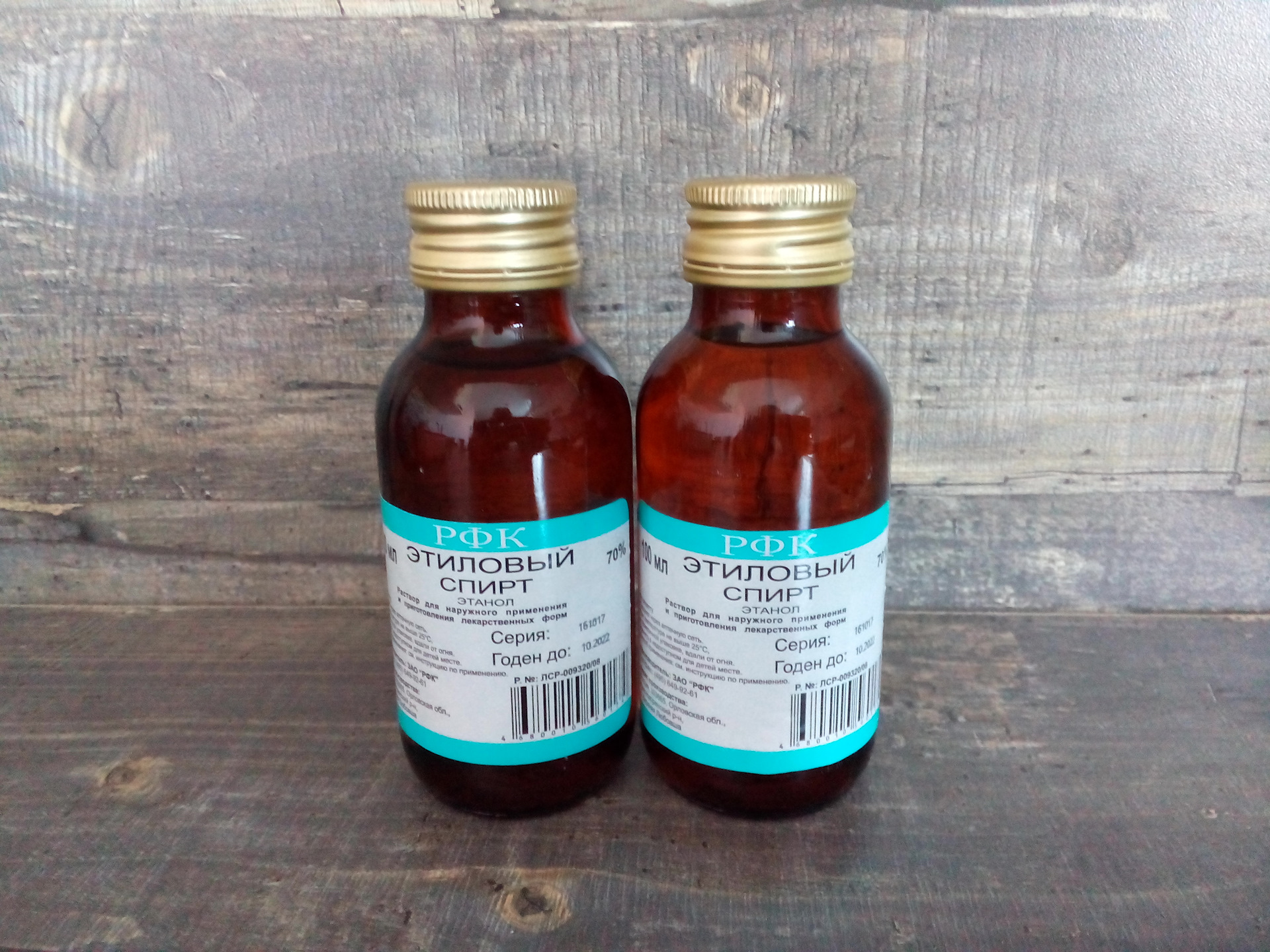
Ammonia
In some cases, ammonia works better than medical alcohol. You need to use it, taking into account the same recommendations as for medical or even solvent, nail polish remover. You need to act like this:
- we apply alcohol to a cotton sponge or soft cloth;
- we remove the remnants of dirt with rotational movements;
- wash off the remains of the substance from the surface of the jacket with soapy water;
- hang out to dry.
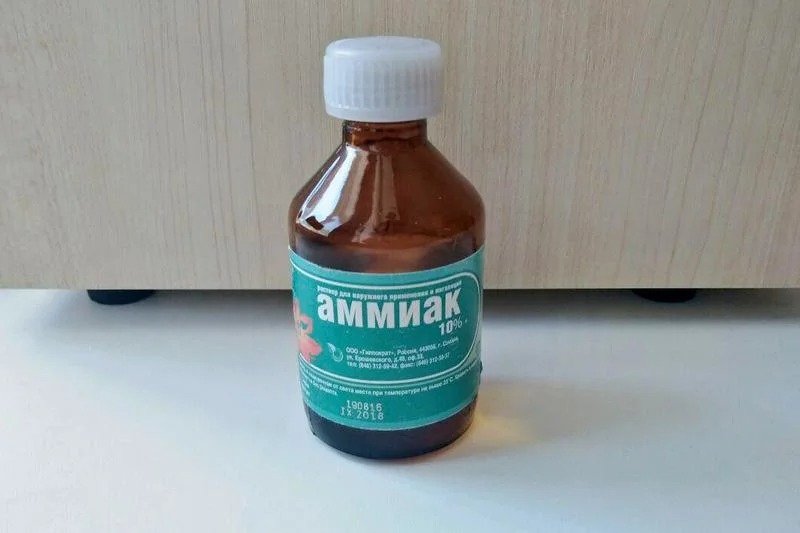
An unpleasant odor may remain. But it evaporates quickly enough if you hang your clothes out for airing. The main thing is to have access to clean air.
Professional remedies
You can buy leather care products at stores. Depending on the intended purpose, professional products can be used to perform different procedures. Basically, the end result should be:
- return of natural shine;
- creation of a protective, waterproof layer;
- increase in the service life of the product;
- surface cleaning;
- revitalization of color and others.
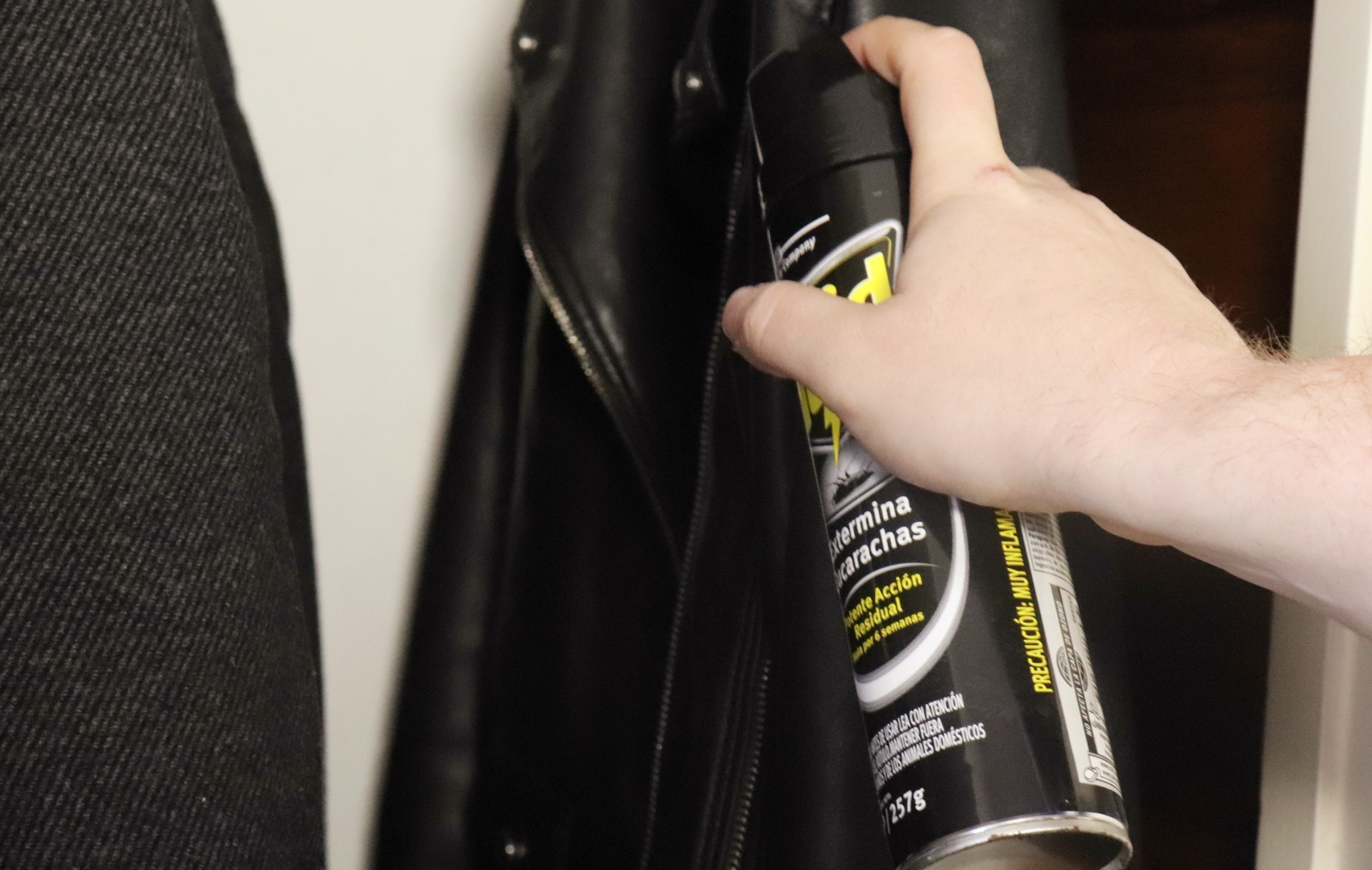
Depending on the tasks, a list of necessary means for caring for leather clothes is determined. Your attention is invited to familiarize yourself with professional leather care products.
Water repellent spray
We will not consider the ratings of the best sprays, but we will touch on the general principle of operation and rules of use. The task of the spray is to penetrate the fabric, to form a layer impervious to water. It is needed in order to:
- resist the negative effects of direct sunlight;
- protection of fabric from fading and loss of color;
- serves as a barrier preventing dirt and water from entering the skin.

The impregnation provides reliable protection of the material from drying out and chapping. Improves color saturation performance. Water-repellent sprays can be classified as cosmetic products. Their use is relevant for regular surface treatment.
Note! In addition to universal sprays, it is not difficult to find narrowly targeted sprays in stores, for a specific type of skin and features of its surface.
Special sponge
This means a sponge impregnated with a special substance based on wax, fat, and other materials. Their structure can be different, depending on the intended purpose. But basically, this foam rubber is round, oval or square in shape, of small thickness. For ease of use, the sponge can be positioned on top of a container that contains a silicone or wax mixture to constantly nourish it during use.
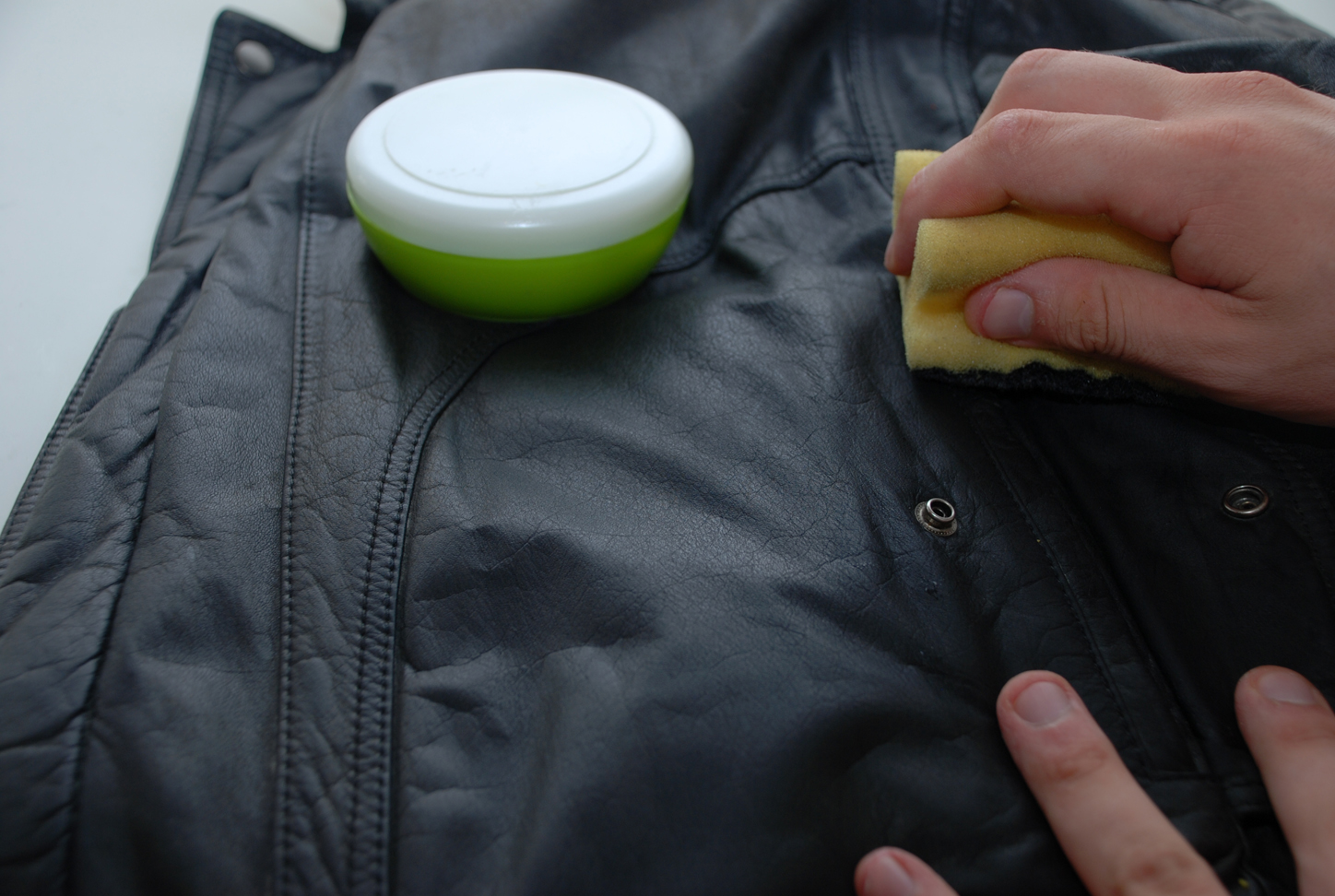
Wax
This material is known for its features. In particular, wax is capable of providing a high level of water resistance. It acts in the same way, regardless of the form in which it is produced (whether it be a spray or a rubbing agent). Thanks to wax you can:
- provide a hydro-barrier, protection from contamination;
- simplify the care of the thing;
- make the surface shiny, saturate the shade.
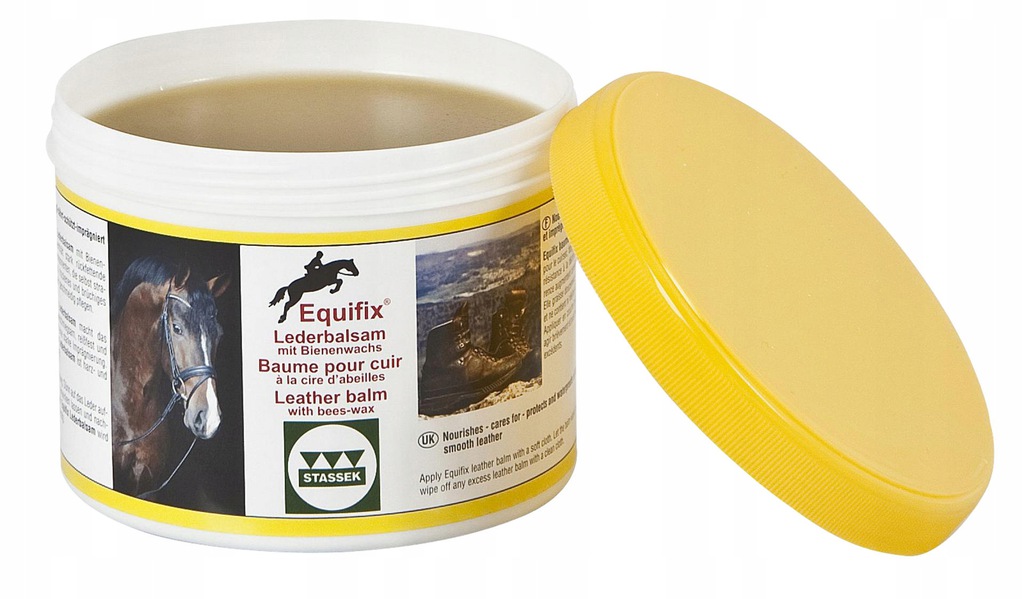
Requires regular use, if not daily, then at least once a week. The wax melts when exposed to high temperatures. The film that it forms on the surface of the jacket is quite dense, albeit invisible.
Foam cleaner
This foam turned out to be quite effective in practice, it has been used (and actively) for more than 10 years. During this time, manufacturers have significantly improved the composition, made it more effective. The whole process comes down to minor manipulations:
- foam is applied to the surface of the jacket in places of contamination;
- different formulations will require different times to achieve maximum effect;
- the remains of the foam are washed off with a damp cloth, sponge.

If the contamination is not completely eliminated, then you will need to repeat the procedure. Since the product is professional, its use does not harm the surface.
Recommendation! Such products must be selected based on the type of skin, surface structure and the complexity of the pollution. The directions on the product label will help you with this.
Lining washing rules
The jacket can be classified as a category of clothing that is worn on a daily basis. This has negative consequences - the surface of the lining is salted. From here, an unpleasant odor can appear, and the aesthetics suffers too. There are two main methods for cleaning the lining of a leather jacket:
- Dry. The most common and simplest method. For its implementation, special sprays and foams (professional products) are used. Suitable for removing minor contaminants.
- Washing. It is necessary if the dirt is too deeply embedded in the fabric or the stains are problematic. Washing is permissible if the lining comes unfastened. Otherwise, using detergents, we clean the inner surface of the product and hang it up until it is completely dry.
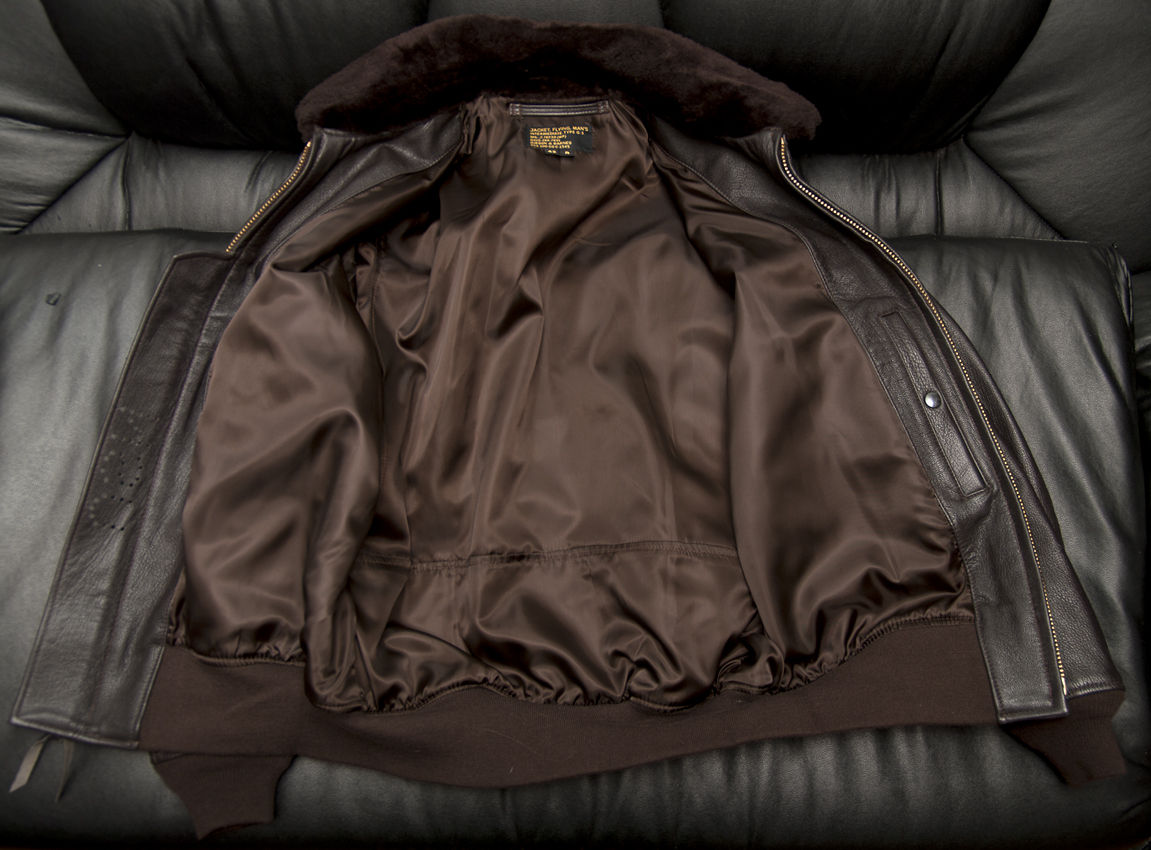
Note! Read the recommendations on the label carefully before machine washing.
How to remove an unpleasant odor
Depending on the source of the unpleasant odor, you need to select and methods of dealing with them. You can eliminate the smell in universal ways:
- soap solution with the addition of ammonia;
- put a few tablespoons of coffee in an airtight package along with a jacket, limit the access of oxygen;
- dry cleaning will eliminate even the most persistent odor;
- long airing (effective if the thing is just stale);
- professional cleaning products.
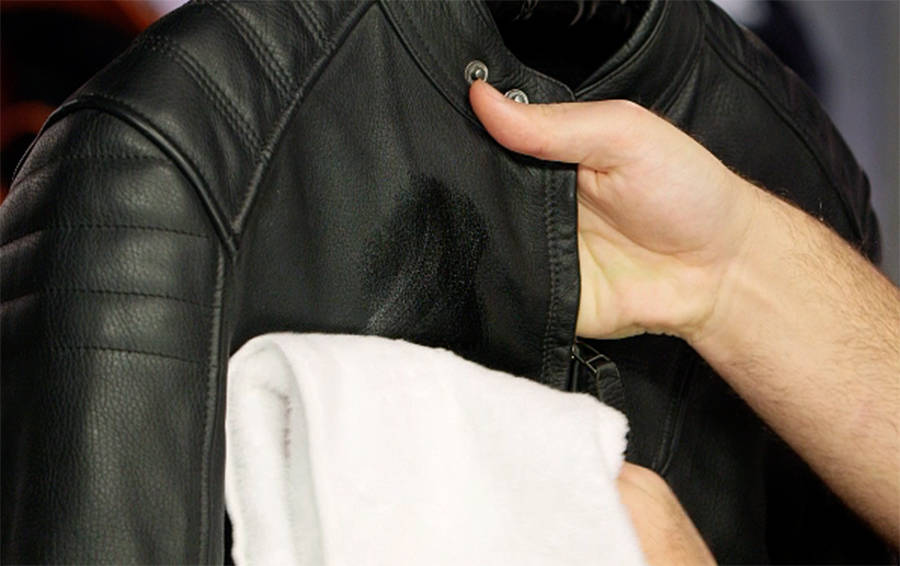
In the fight against persistent odors, it is better to go straight to professional cleaning agents. They remove contamination while disinfecting the fabric and combating the source of unpleasant odors.
How to remove stains
Stains of varying severity can form on the surface of a leather jacket. Sometimes they are easy enough to remove, but if they are embedded in the fabric, it can be problematic to clean them. In the fight against stains, professional and folk remedies come to the rescue. Let's figure out how to deal with fresh and old stains in practice.
Fresh
The easiest way is to remove spots as soon as they appear. For example, if we are talking about simple dirt or dust, then it can be easily wiped off with a damp sponge without much effort. With juice, drinks, low-fat food, the same situation. If paint gets on the surface, then the first minutes are decisive: this is the time when the paint, regardless of its composition, can be easily removed with soapy water, detergent or a damp cloth (especially alcohol).
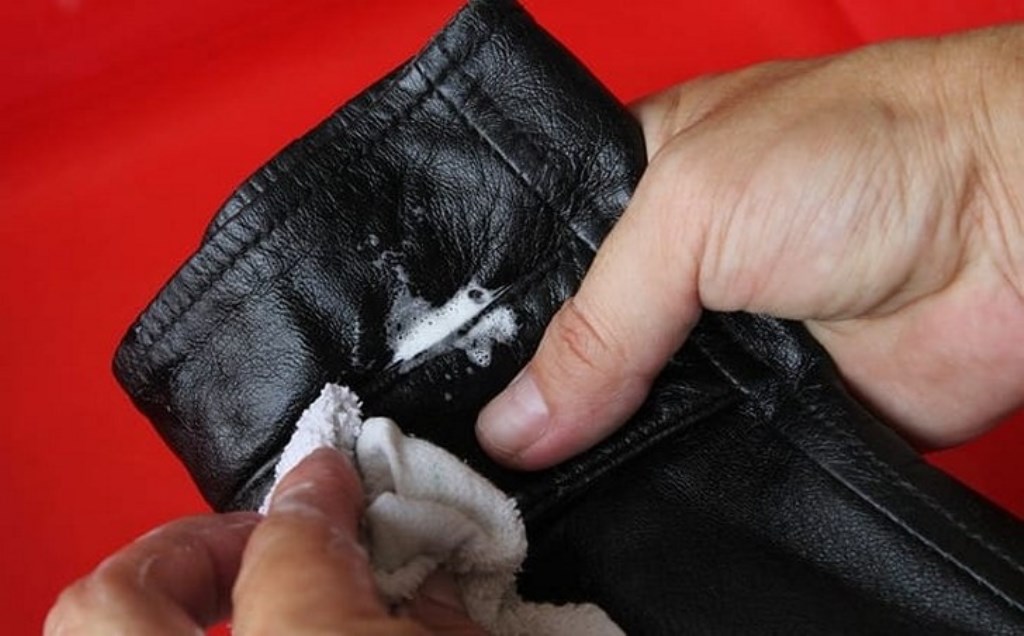
The old
It is much more difficult to remove dirt embedded in the fabric. Especially when it comes to ink, paint, oil (machine), fuel oil, etc. In some cases, folk remedies help, for example, ammonia or medical alcohol, nail polish remover, solvent. It is not always possible to eliminate them without the use of special (professional) cleaning agents for the care of leather goods.
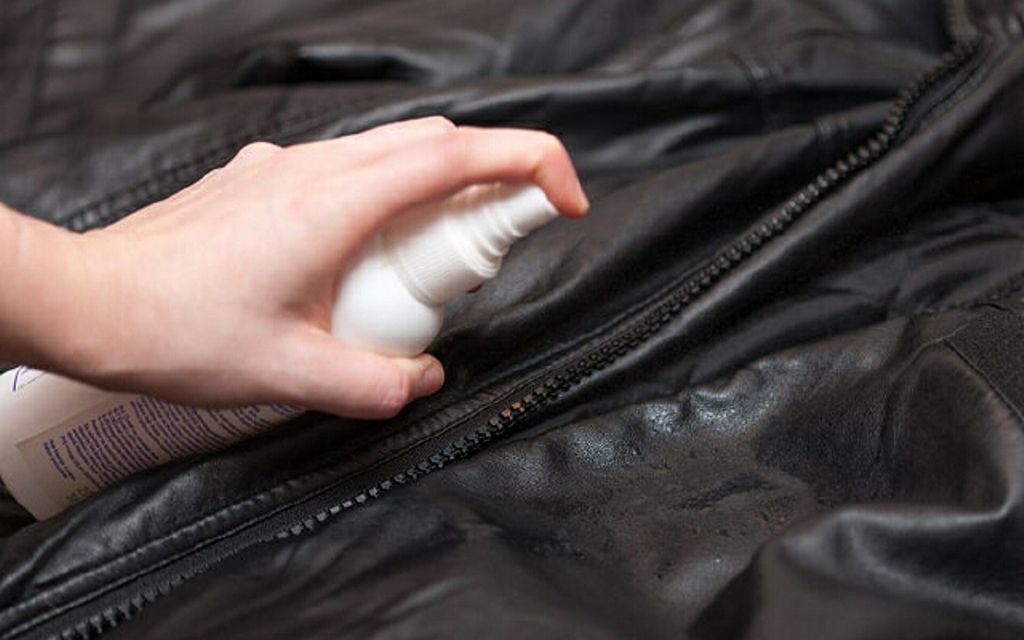
Drying rules
Dry leather items on the street, balcony, in a ventilated area. It is important to avoid direct sunlight, which can dry out and discolor the material. For drying, so that the material does not deteriorate, it is best to use a hanger with wide shoulders.Dry until completely dry. If the item is wet, an unpleasant odor will appear.
Video: how to quickly restore a leather jacket
